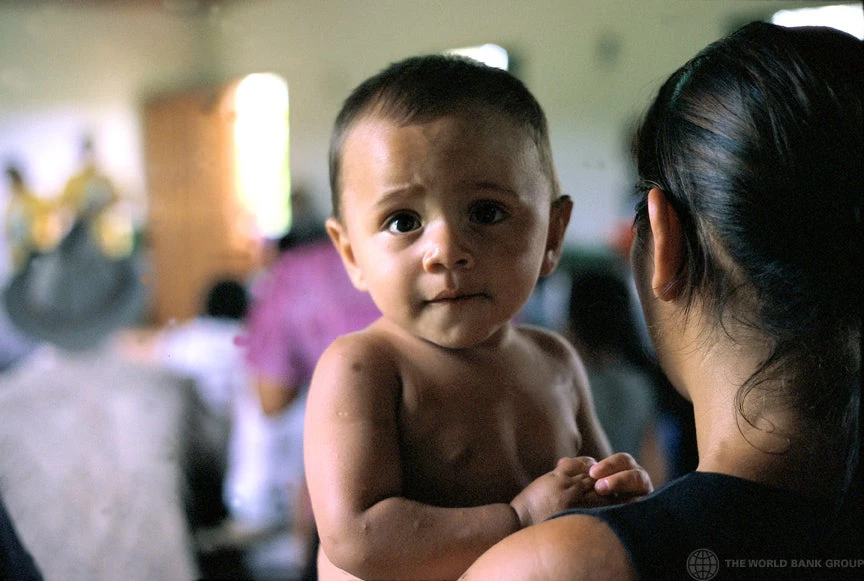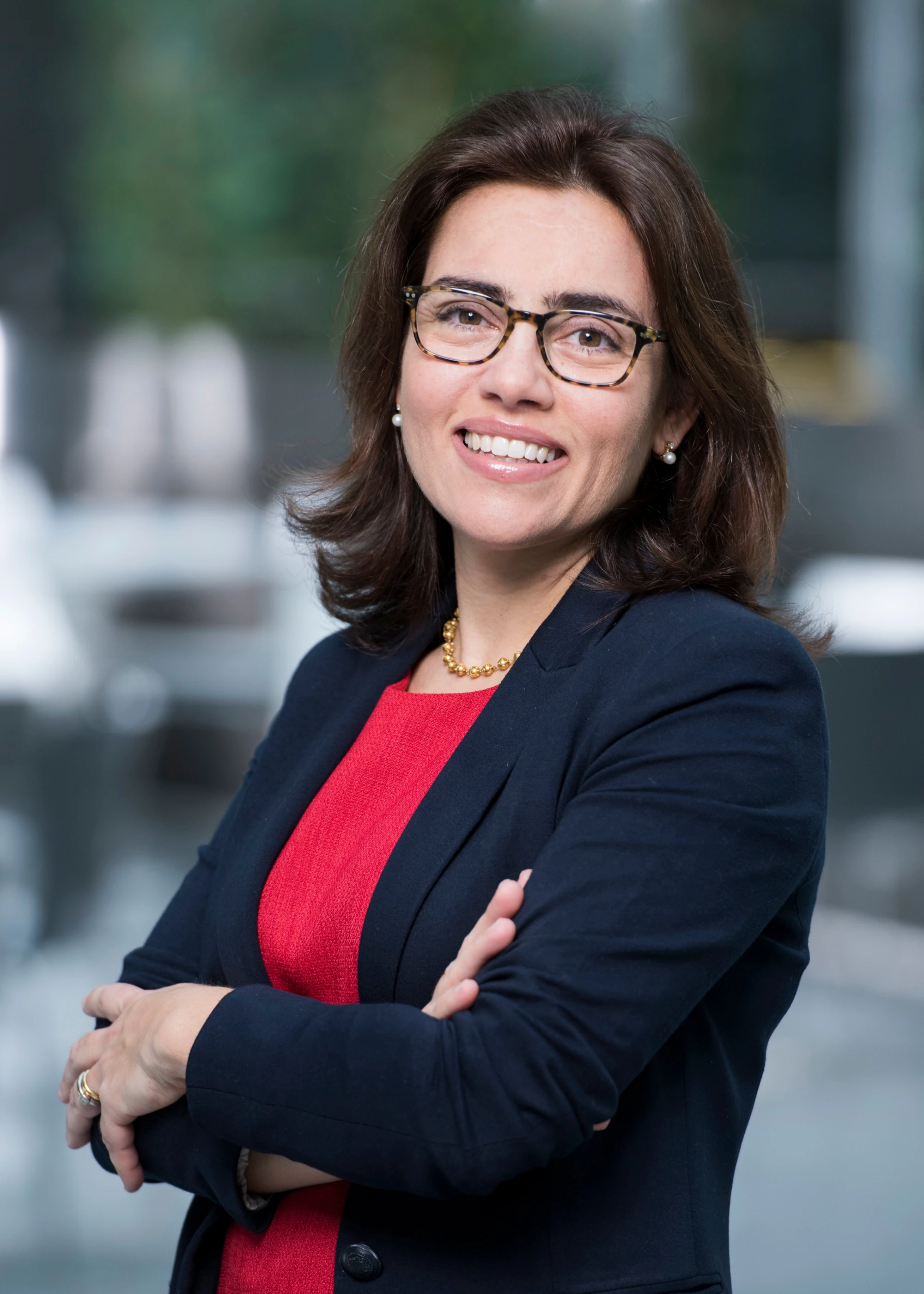
Quality and innovative education policies emerge usually from a combination of factors such as good teachers, quality school management, and parental engagement, among others. In Brazil, a country with tremendous diversity and regional inequalities, good examples have emerged even when they are least expected. Ceará, a state in the northeast region of Brazil — where more than 500,000 children are living in rural areas and where poverty rates are high — is showing encouraging signs of success from innovative initiatives in education. The figures speak for themselves. Today, more than 70 of the 100 best schools in Brazil are in Ceará.
This month, with support from the World Bank, a new set of innovations are taking place, this time in early childhood. The state has just introduced a new parenting program based both on home visits and community meetings that is designed to stimulate a stronger child development. The program is part of a World Bank project and is being implemented in the 36 municipalities and two regions of the state capital of Fortaleza, areas that have the highest poverty rates.
Led by the Ceará Department of Education, the Early Childhood Development Support program (PADIN in Portuguese) partners at the state level with the “Secretarias” of social development, health, and the Ceará Economic Research Institute. It will benefit about 2,000 families where the average years of schooling of mothers in rural zones is of only six years. Despite the progress that these six years already represents with respect to the average schooling recorded as of 2004, it contrasts greatly with the almost nine years of schooling that is typical in urban areas. This context sets the stage for very different educational trajectories for children of rich versus poor families, where inequalities start in the early years of a child’s life.
Although inspired by successful experiences in Jamaica, Colombia, Peru, and Chile, PADIN creates a new and innovative product fully adapted to the Ceará context. It arises in response to three major challenges faced by the state: reducing the inequality of opportunity between rich and poor children before they reach preschool age (between 4 and 5 years old); the need for more efficient public policies directed at development of children under age four in environments of low population density; and promoting of recognition of the family as the principal determinant in child development.
PADIN is offered in close collaboration with the selected municipalities, based on three important principles:
- Home visits to parents are coordinated by the state Department of Education, but will be coordinated with the departments of Health and Social Protection so that the intervention is more effective in promoting comprehensive child development;
- Fostering exchanges among parents is important to share information and knowledge, not only between the program agents and participating families, but also between caregiving fathers and mothers, so as to help them improve their relationships with their children;
- The quality of the officers who will conduct the program matters. Teachers who have some college education as well as applied experience in early childhood education will be selected. The quality and relevance in the backgrounds of the officers is essential in dealing with challenges and the opportunities for improving the quality of the relationship and the encouragement given by parents to their young children.
The expectation, based on similar programs in Peru, Colombia, Chile, or Jamaica, is that the program will have a significant impact on the cognitive and socio-emotional competencies of children, who will later become elementary and high school students, and perhaps attend universities. It is expected that PADIN will also foster more successful student trajectories, with students repeating less in school years and achieving better levels of learning.
All this will translate into a population of individuals who are more employable and more productive, thereby contributing to stronger and more inclusive growth in Ceará and in Brazil as a whole.
The World Bank Group hosted a Partners’ Roundtable on Investing in the Early Years: Identifying Synergies and Catalyzing Action on April 19, 2017. Join the conversation with #EarlyYears .
Find out more about World Bank Group Education on our website and on Twitter .



Join the Conversation